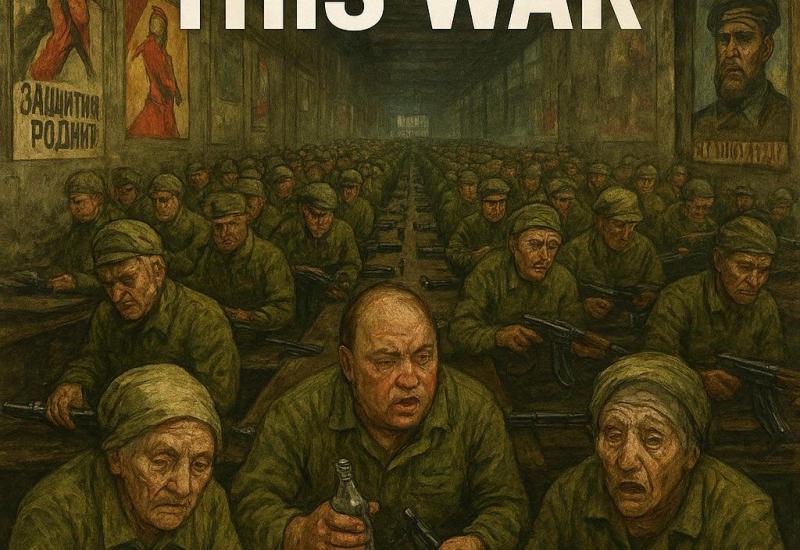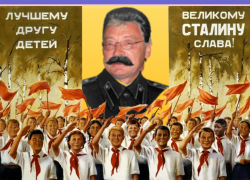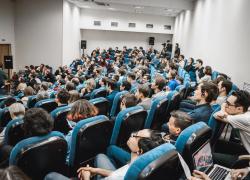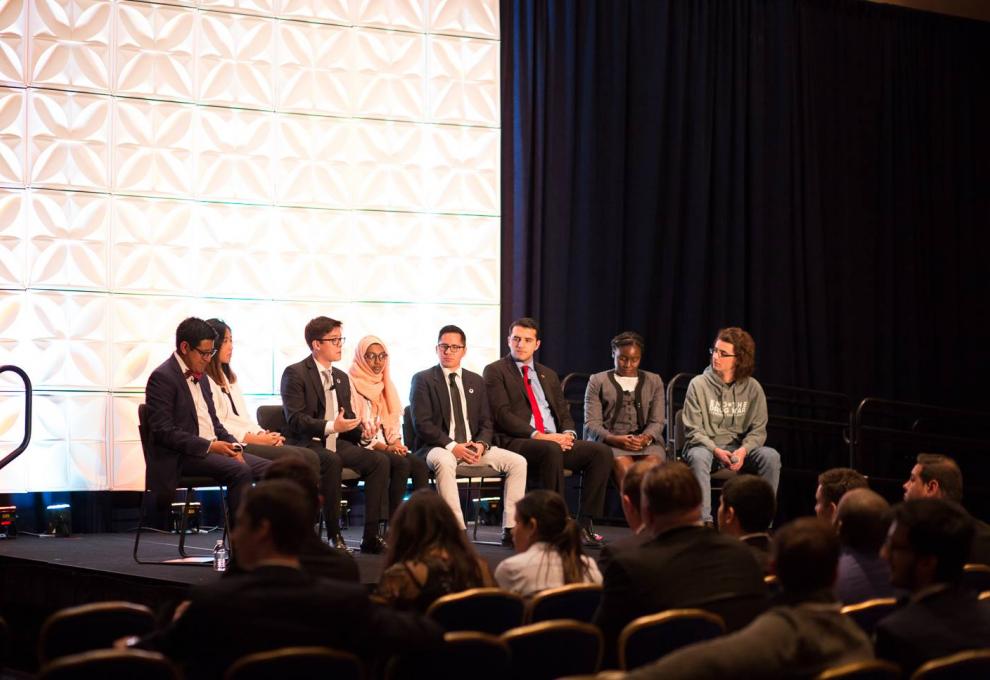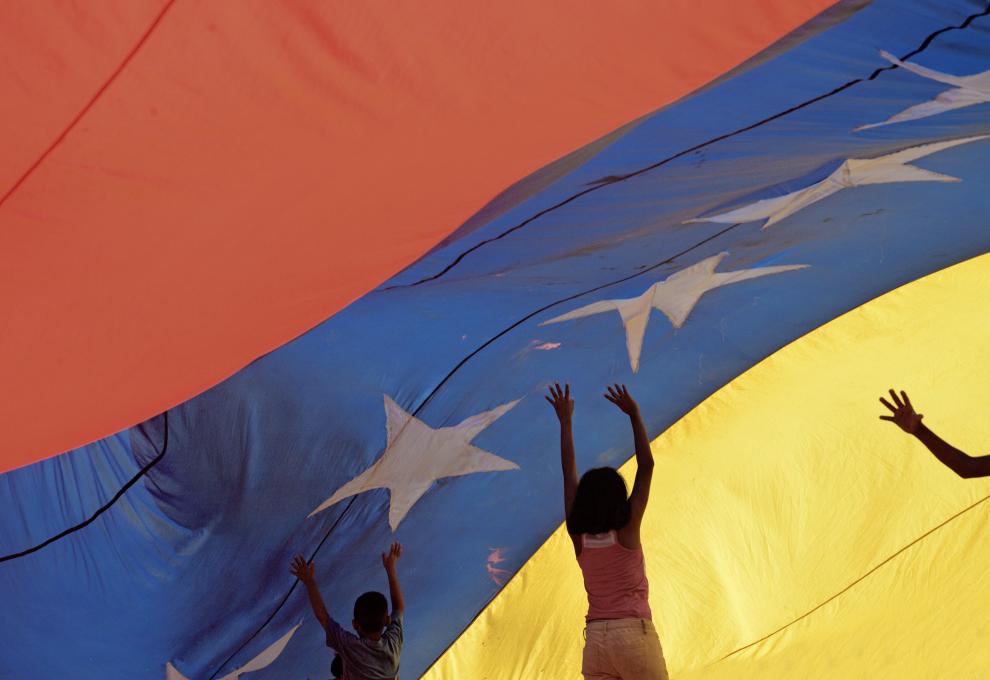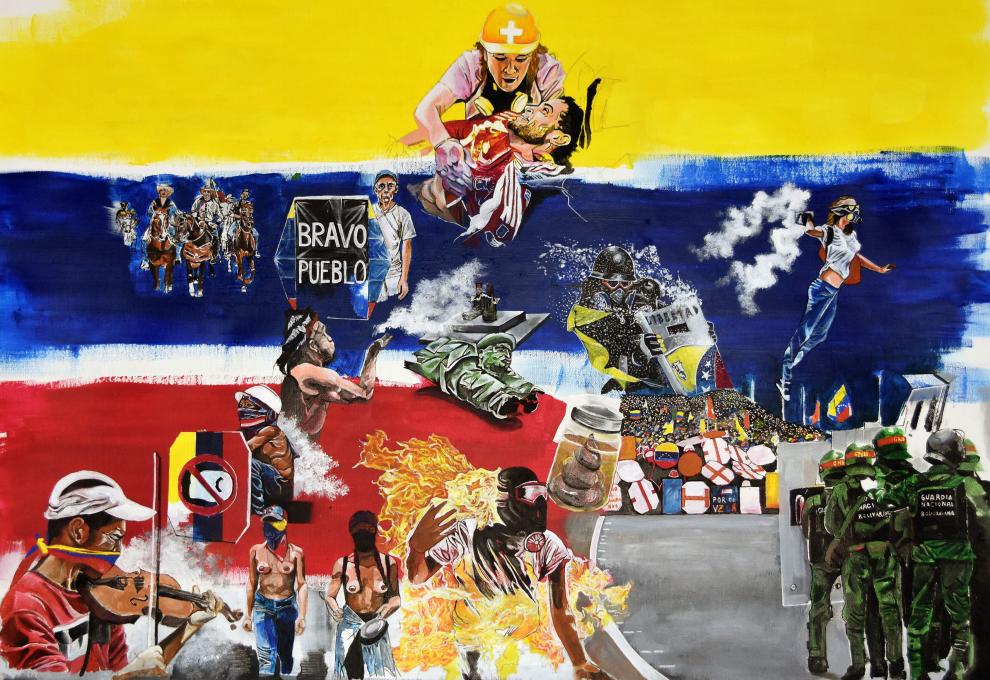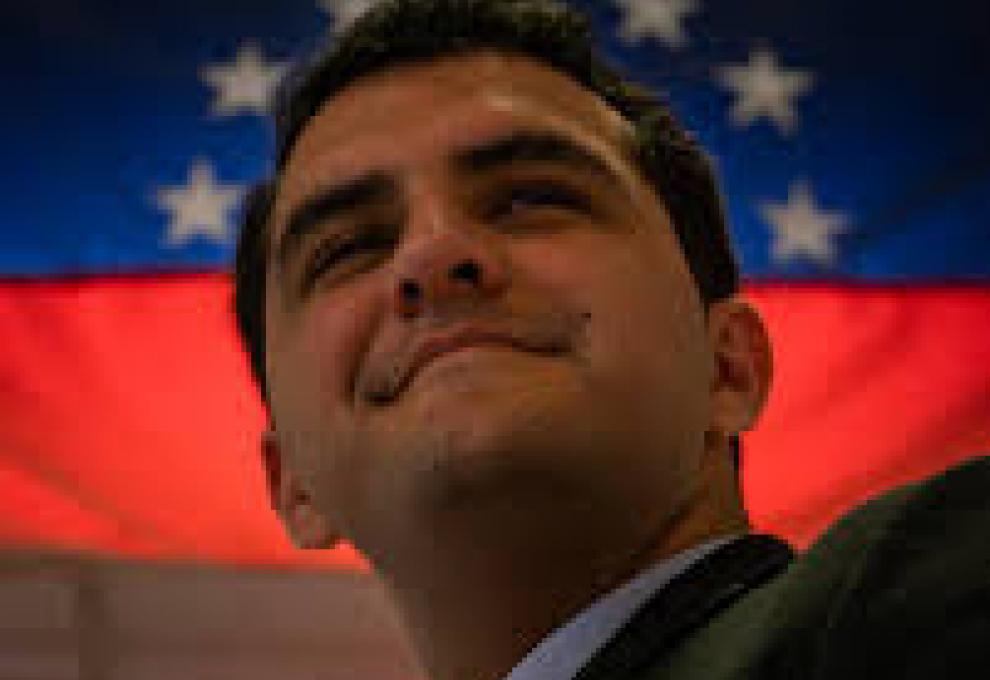Coronavirus – what would a "Free Private City" do?
A lot of people have asked me how a Free Private City would handle the Corona crisis. Let me try to give you an answer, but keep in mind that different city operators might come to different conclusions.
First and foremost, a Free Private City would have a clause in the civic contract that in cases of emergency, like war or natural disasters (this includes epidemics) the city operator had special rights to control public life. As always in a purely contractual system, residents can challenge this before independent arbitration. Residents might claim that COVID-19 is not really an epidemic, since not worse than a flu, or that certain measures are inappropriate or useless etc.
Here, as operator I would argue that clear evidence shows that COVID-19 is indeed a pandemic, since defined populations (as seen on cruise ships or in Northern Italian towns) have much higher death rates during flu season than usual. Doing nothing would overload the whole health system to the disadvantage of all sick people. This justifies that the emergency clause is applicable in principle.
Let’s assume the arbitration panel would confirm this view.
Now, this would mean to take measures that are effective but have the least negative impact on the residents. This would translate into a control at the borders for any new arrivals, including residents coming back from abroad. They would be tested and kept in quarantine if positive or, if negative, during the incubation time of 14 days.
Immediately after putting the emergency regime in place, the city would have
installed a task force which would collect as much information as possible. It would carefully follow development in the rest of the world and copy what works, while avoiding what does not work. The city would also ask the residents for ideas and advice, even if opposite to the city operator’s view. Maybe an open debate event would be held. This is the best source to learn about new and maybe better ideas.The task force would inform everybody through the CityApp about new treatments, medication and other ideas to protect yourself like this one.
A complete shutdown would be really the last resort. Before, the city operator would identify risk groups and order them to avoid contact. Only if this is not working, he would order a complete shutdown. At the same time the city would purchase excess capacities for ventilation, masks etc. As I’ve described in my book, Free Private Cities should have a reserve for natural disasters. This could be used in such cases.
At the same time, the city would try to test as many people as possible. Since a Free Private City typically is a rather small territory, it could easily define areas with different statuses of shutdown and then test the results and react quickly.
So far, this is not much different from what we have seen in the real world. However, there are some differences: Since Free Private Cities are places where you are responsible for yourself, everybody would be free to try out medication that is available and supposed to help. However, this would be at your own risk and on the terms of your private health insurance or mutual self-help group (you might lose coverage). And within the city there might be larger private living areas, which are free to come up with own rules, either stricter or less strict than the city, as long as the respective residents stay inside these areas.
Moreover, the prices of important goods (like breathing masks) will be able to rise without being penalized for “usury”. Subsequently, supply can be expanded where there are the highest profits and so demand can be satisfied sooner. To act against this market principle is very popular, but counterproductive. It is like forbidding interest rates on moral grounds.
The death rate and infection rate would be surveyed and if the operator found out that the infection rate is stable or declining, or the death rate is not or only slightly higher than usual, a shutdown could be lifted. Also, and this is another specialty of Free Private Cities, residents would probably initiate arbitration on a constant basis against the measures of the operator, since the situation and information are constantly changing. At some point, the arbitration panel might come to the conclusion that certain emergency measures are no longer justified or there is no more emergency status at all. This example illustrates how important a functioning, affordable and fast arbitration/court system is.
Respectively, if the death rate increases again, the operator would have the right to establish a shutdown again. This is practically the approach Singapore is following. They have reacted early, could thereby avoid the complete shutdown and have reopened schools on 23 March.
As always in such situations, there is a trade-off. There is no clear right or wrong. A complete shutdown over several months would endanger the whole economy and thereby the well-being of the residents. If only a few people more than in a flu season are dying, this price would be too high. At some point in time, somebody has to make this call, and it would either be the operator or the arbitration panel.
By Dr. Titus Gebel
Titus Gebel is an entrepreneur with a PhD in law. Among other things, he founded mining company Deutsche Rohstoff AG. He is currently CEO of Free Private Cities Inc., a company seeking to implement this model, and has also written a book titled “Free Private Cities: Making Governments Compete for You”, in which he explains the idea in detail.




